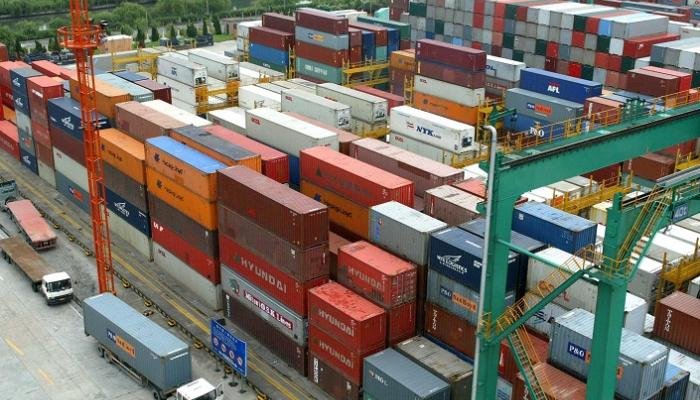Iraq trade surplus has declined sharply as weaker oil exports reduced overall revenues despite growth in other sectors. The drop highlights the risks of heavy reliance on crude sales.
The trade surplus fell by 33 percent during the first half of the year. It reached 11.7 billion dollars, down from 17.6 billion dollars a year earlier. Oil exports decreased by 11 percent, falling to 43.3 billion dollars. At the same time, imports increased by 7 percent to 35.7 billion dollars.
Although Iraq saw positive trends in several areas, the boost could not balance the fall in crude. Refined product sales surged by 88 percent, reaching 2.1 billion dollars. In addition, non-oil exports jumped by 68 percent, hitting 1.9 billion dollars. These increases demonstrated potential for diversification. However, the size of crude losses outweighed the gains.
Iraq trade surplus continues to depend on oil income. Analysts warned that declining oil prices combined with growing imports could turn the surplus into a deficit. This concern reflects the urgent need for Iraq to strengthen non-oil sectors.
The numbers underline the structural challenge. Iraq generates most of its foreign income from crude sales. Therefore, any global price drop directly impacts national revenues. When imports rise at the same time, the financial strain grows heavier.
Officials and economists argue that diversification must move faster. Expanding refined product exports and boosting agriculture could create more stability. Iraq trade surplus will remain fragile unless non-oil contributions rise further.
The overall picture shows both opportunity and risk. Iraq achieved significant growth in non-oil trade, but crude still dominates. Without reform, the country may face a tighter balance sheet in coming months.
This latest performance serves as a reminder. Iraq must reduce dependence on oil and develop stronger economic foundations. Otherwise, fluctuations in global energy markets will continue to unsettle the economy.


